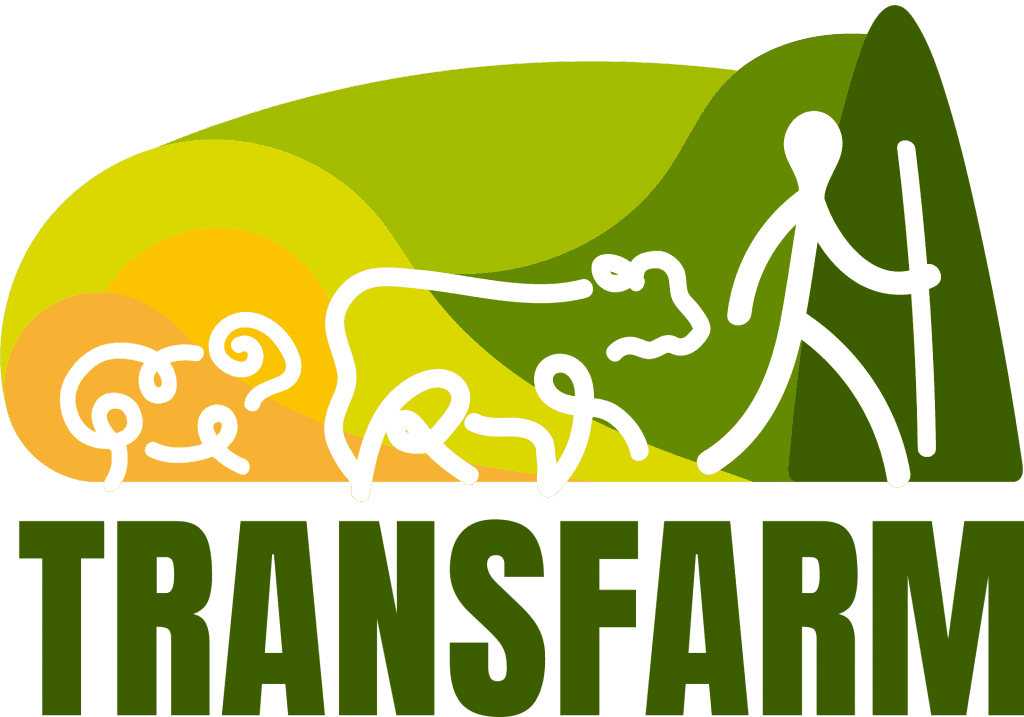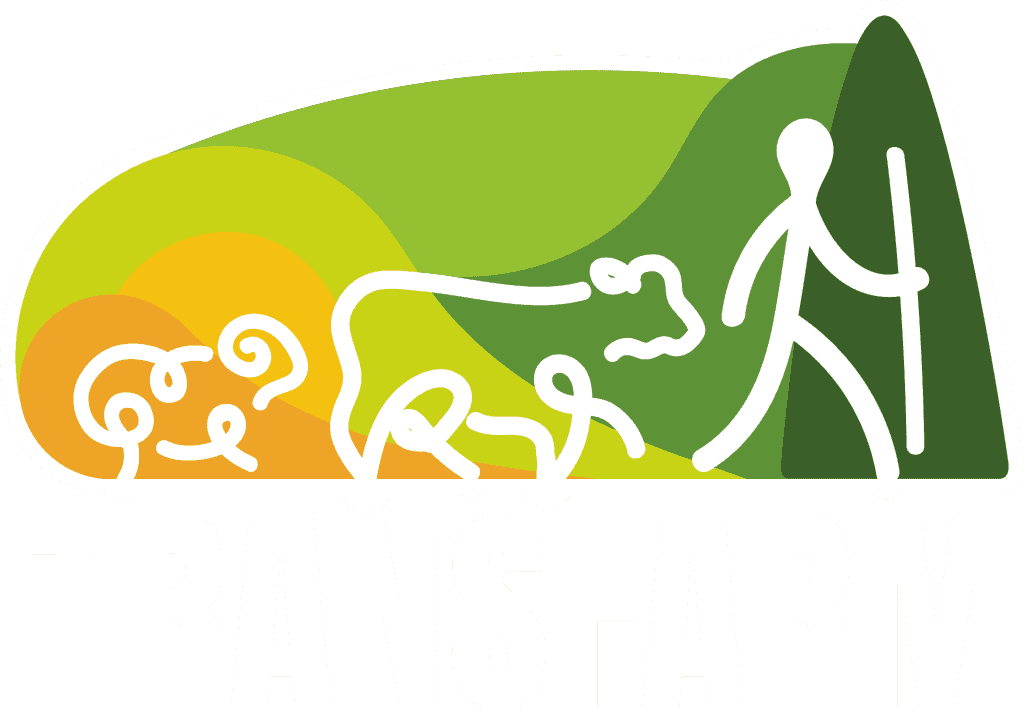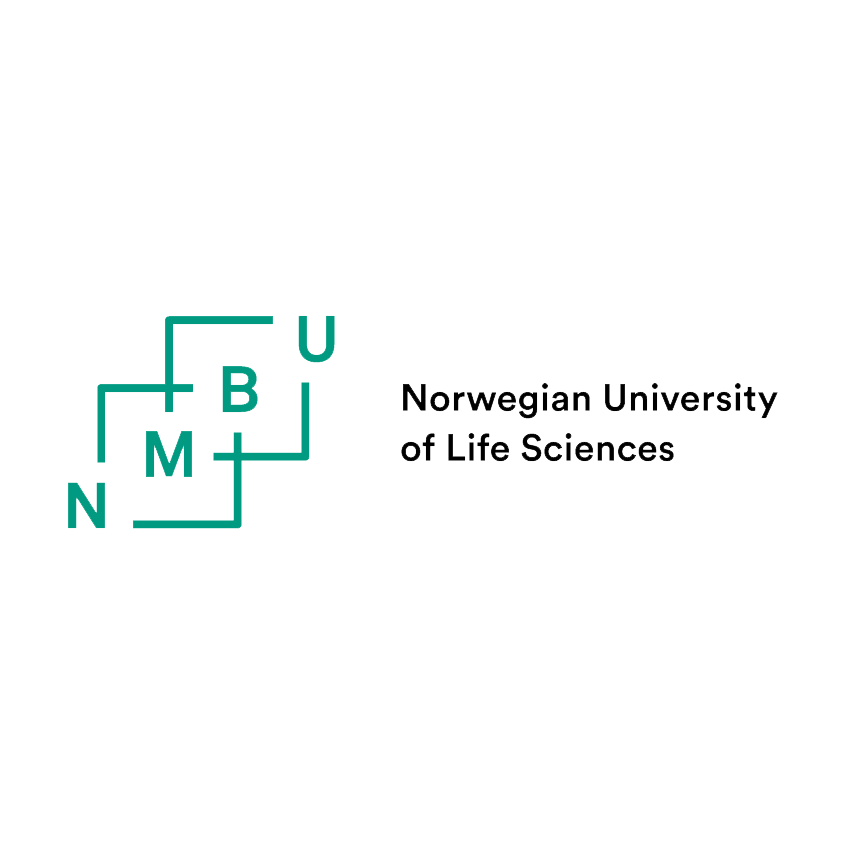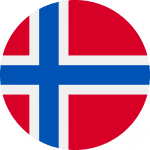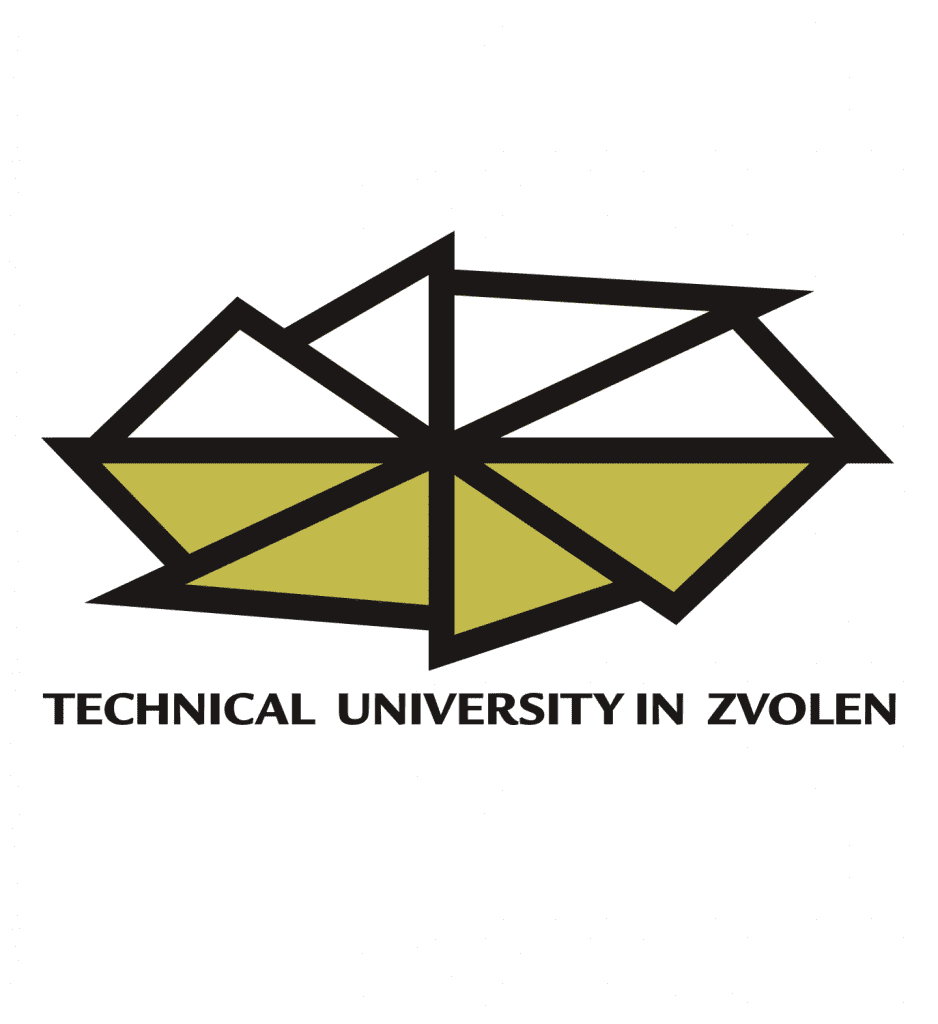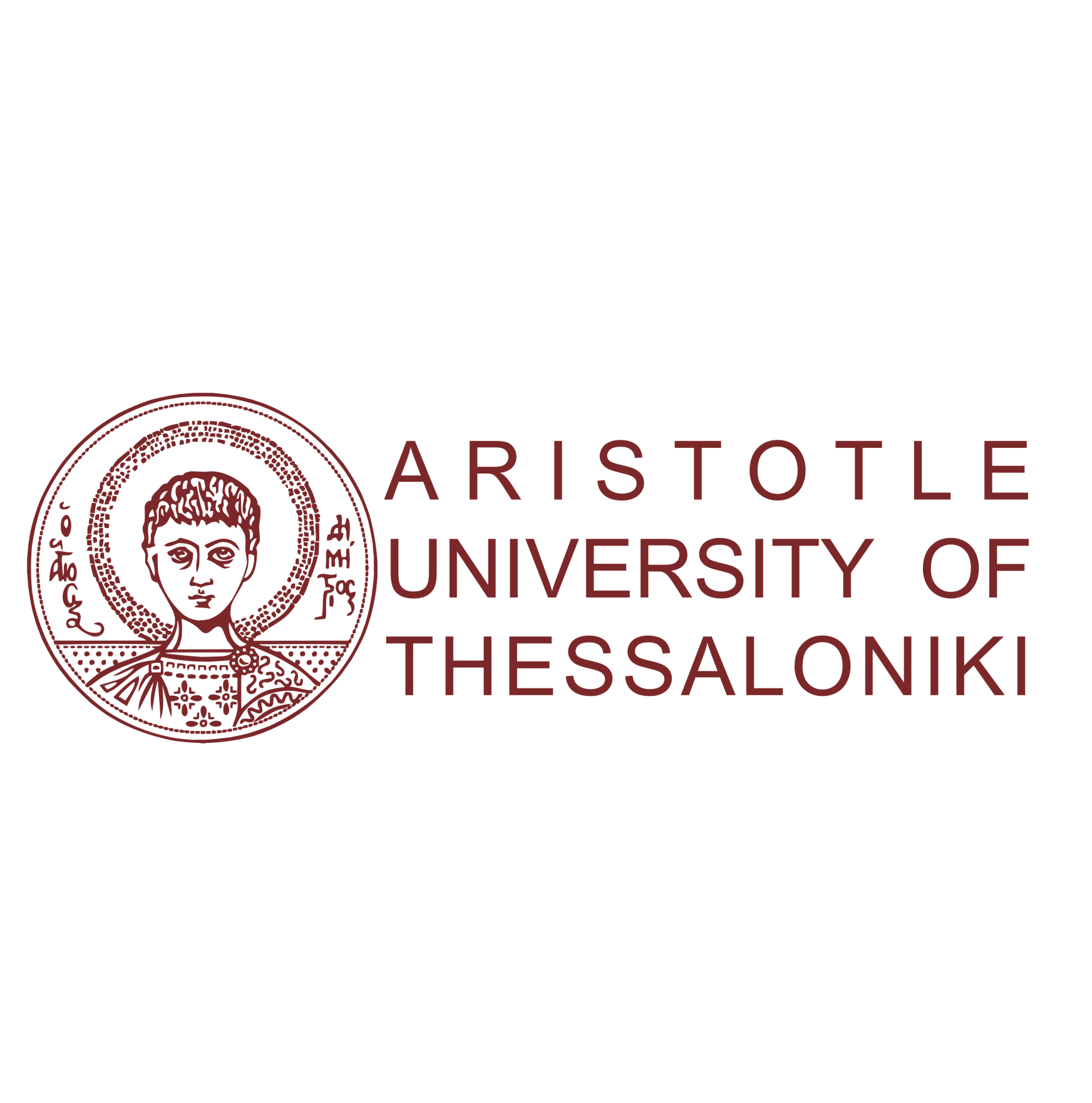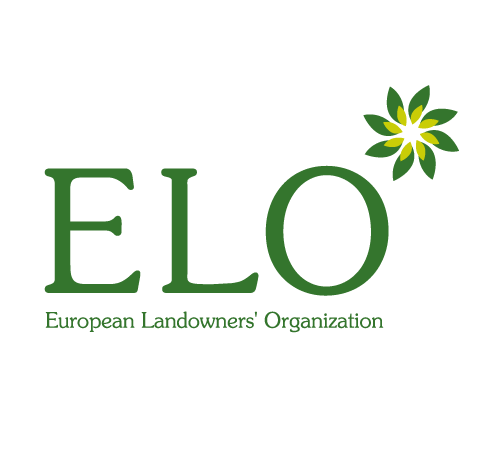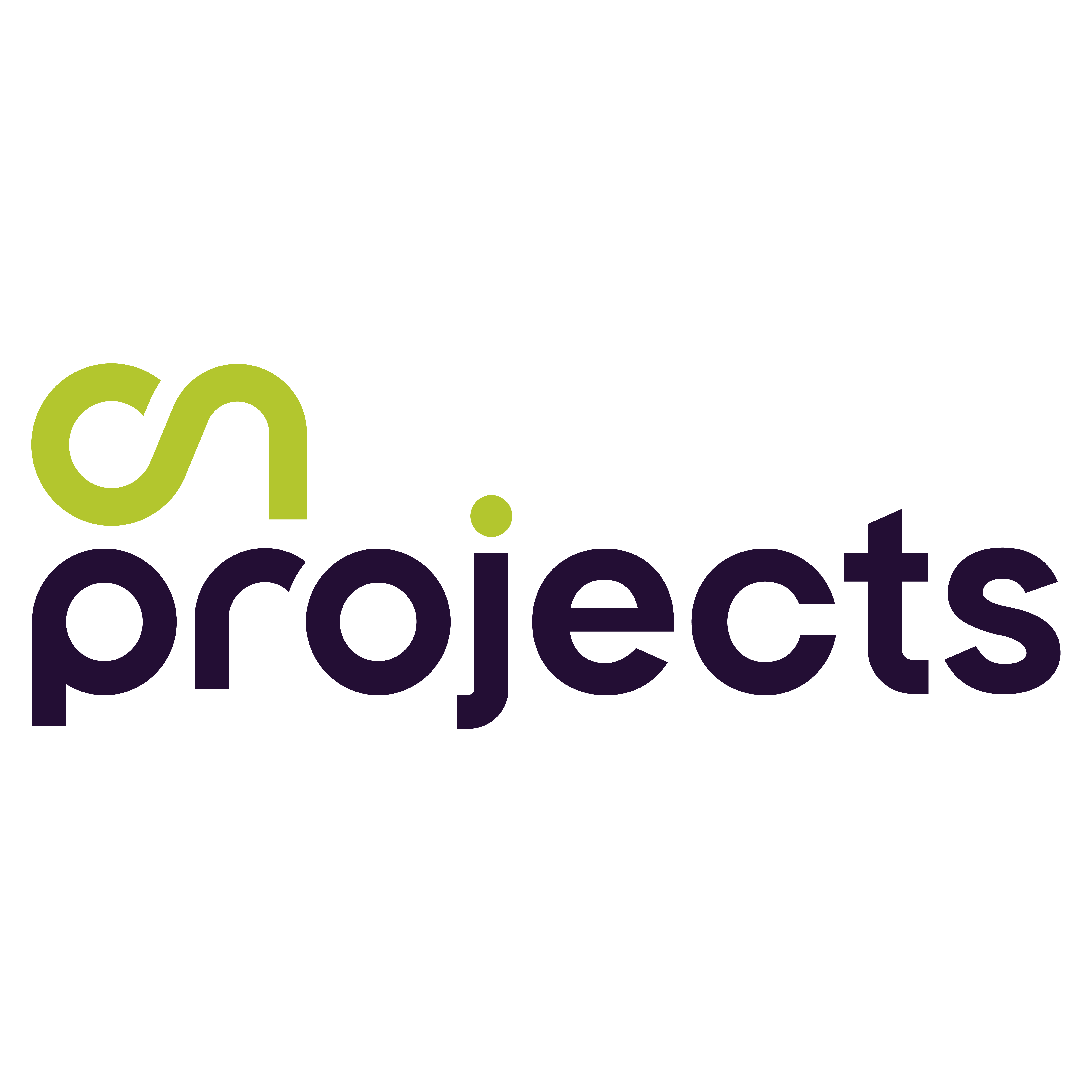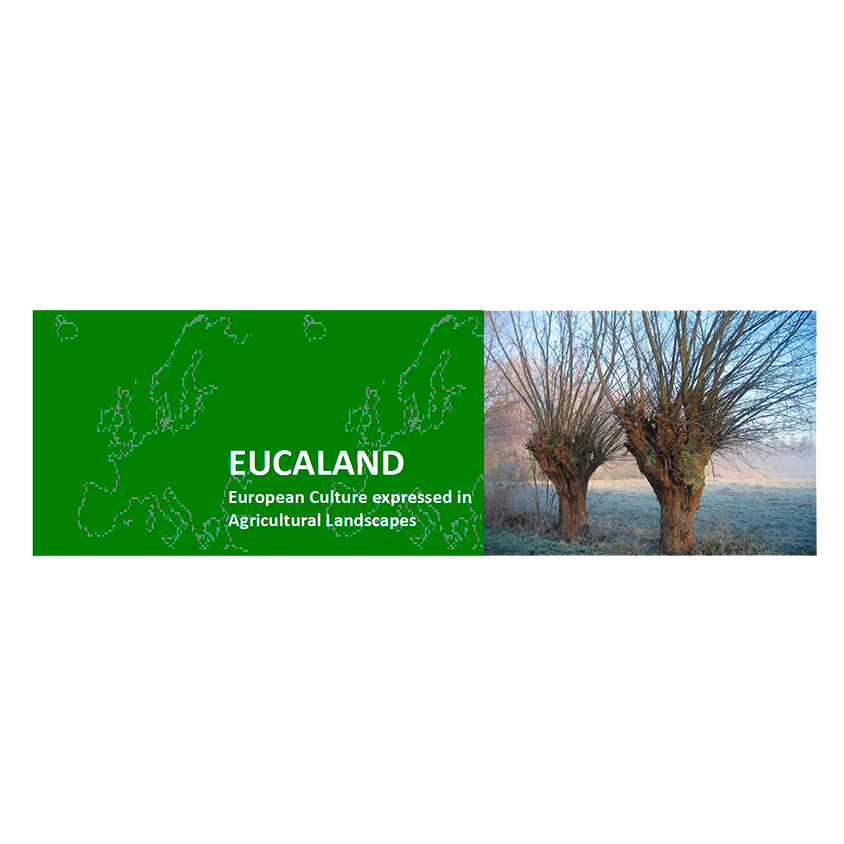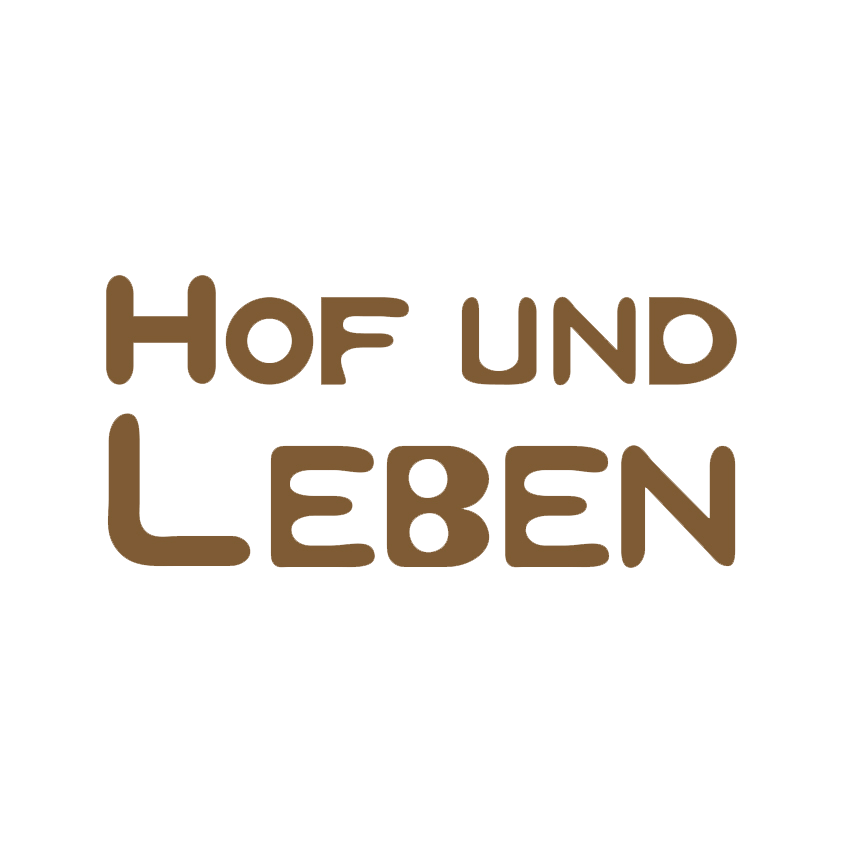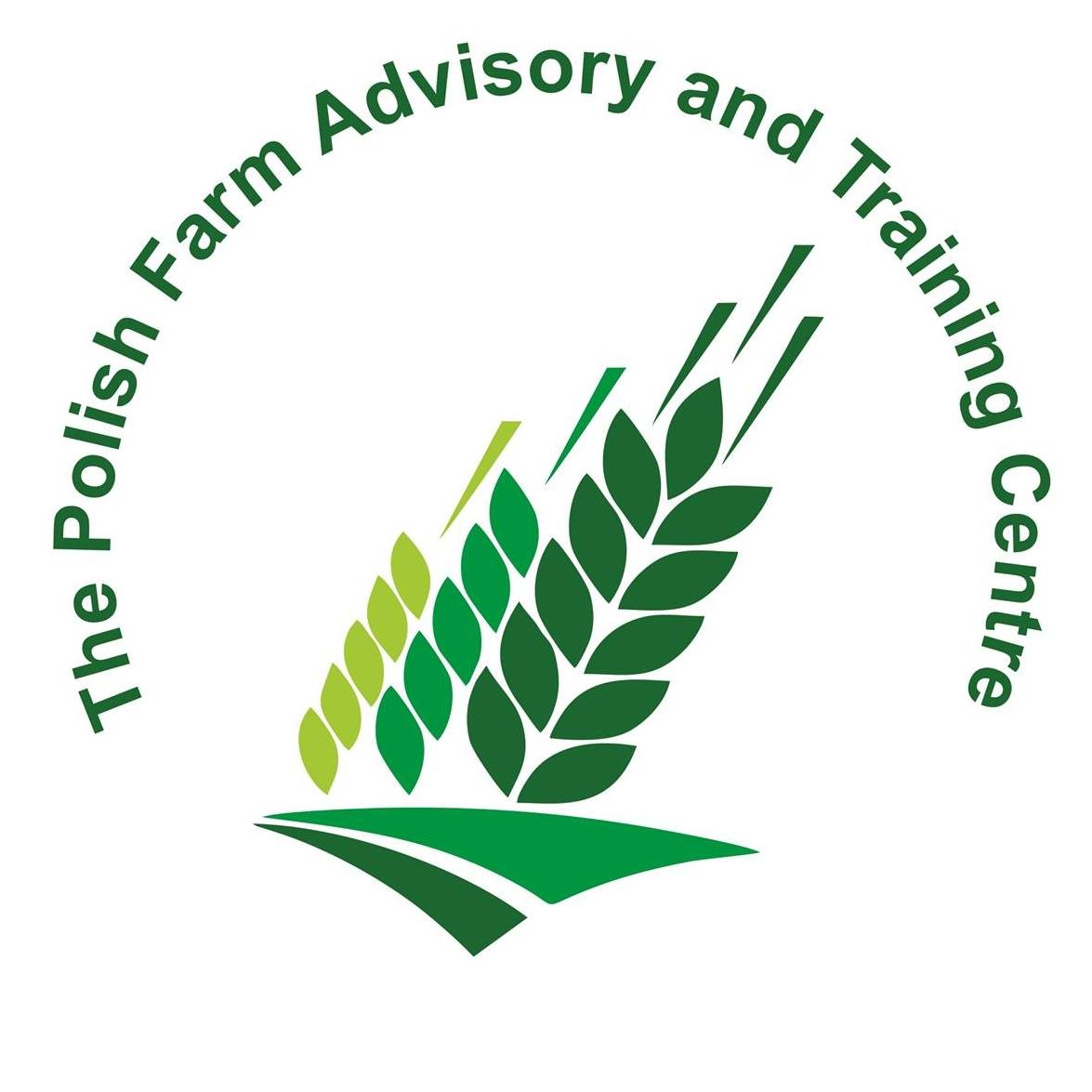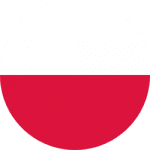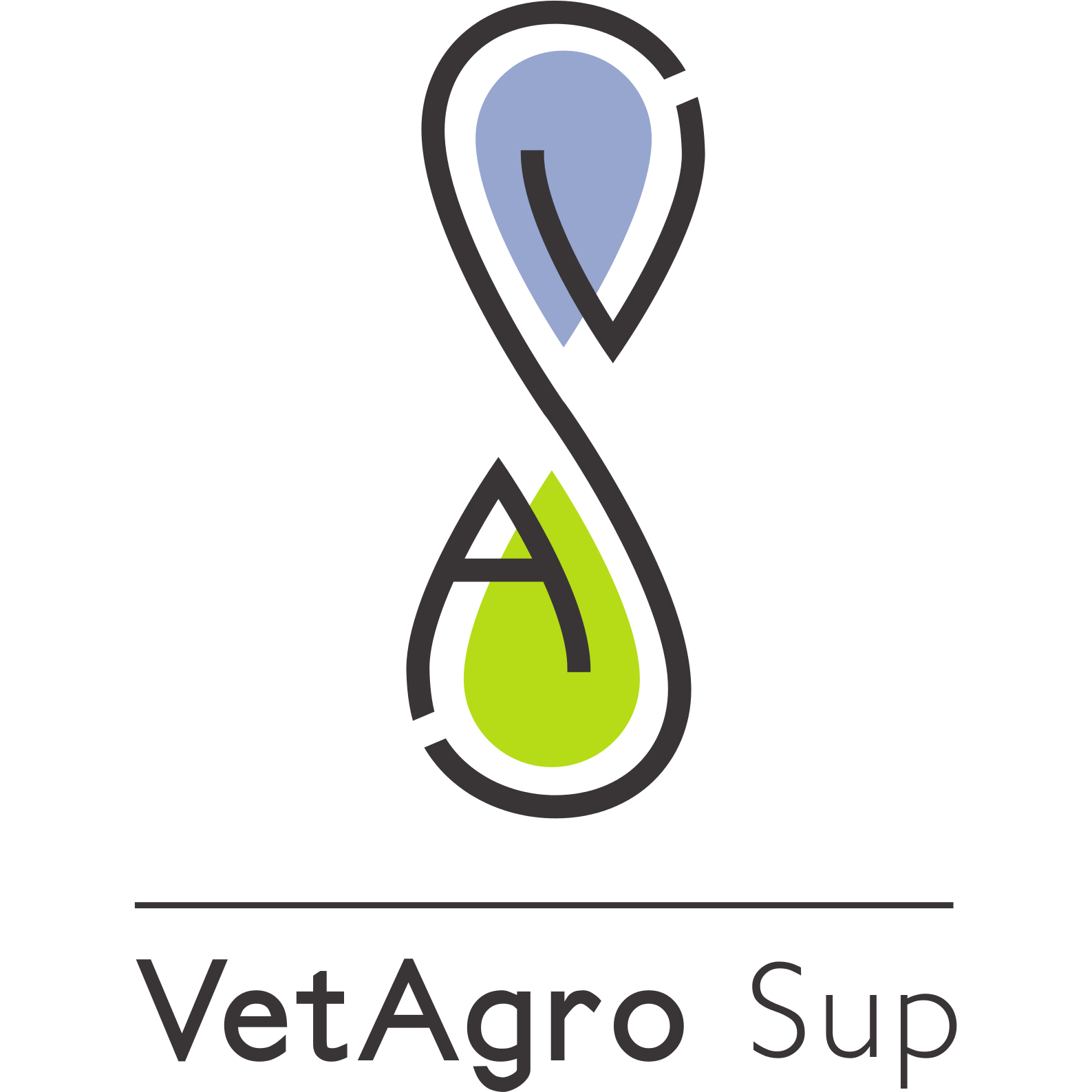TRANSFARM
Vocational education & training for transhumance practitioners

The TRANSFARM project
TRANSFARM is a European-wide project that aims at developing training material for transhumance practitioners including those who want to start with transhumance or develop their business. At the same time, the project wishes to raise awareness about the existence of transhumance and its benefits. The training material is available online, free of charge and in different languages. The project involves seven different organisations from Belgium, Germany, Greece, Norway, Slovakia, and Spain. It is co-funded through the Erasmus+ programme.
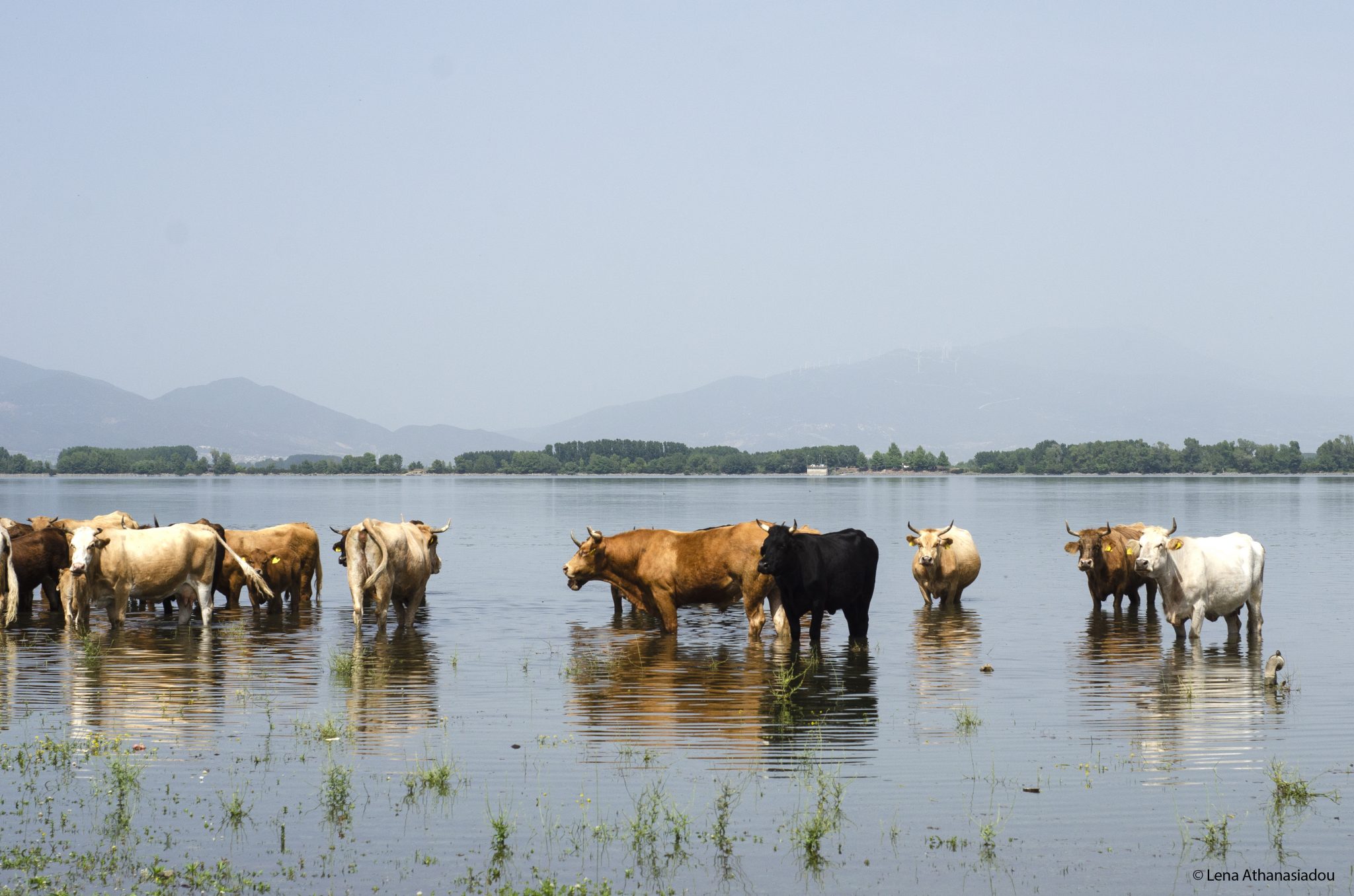
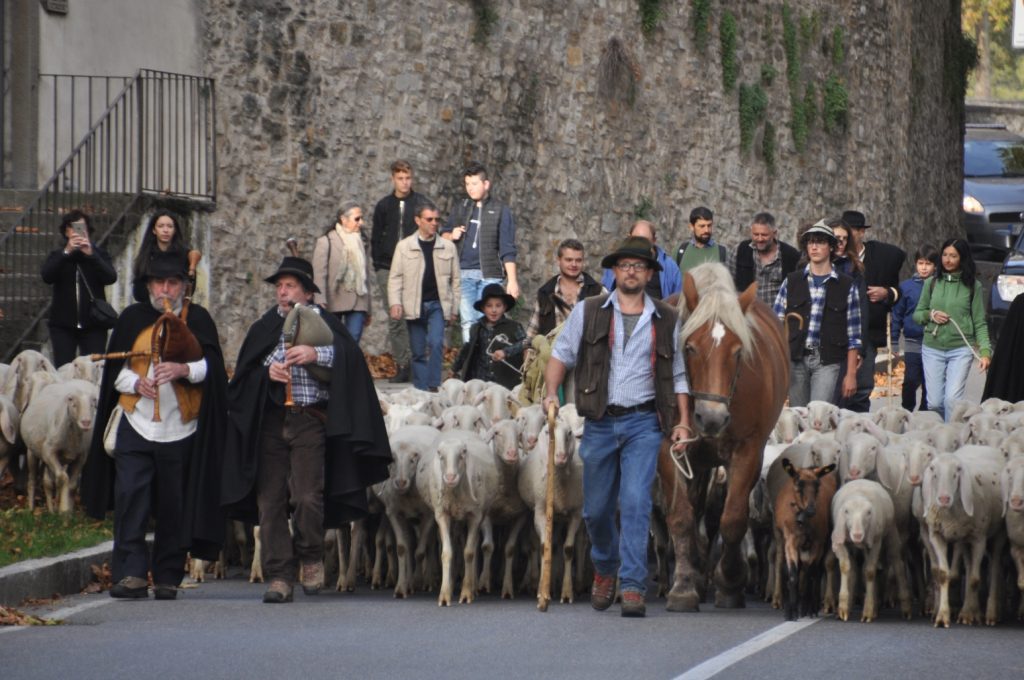
What is transhumance?
Transhumance is a form of mobile, livestock farming with a regular, seasonal, cyclical long-distance movement of livestock (especially sheep, cows, and goats, but also horses, donkeys, and reindeer) accompanied by people between different geographical, sometimes also different climatic regions along steady routes, which lasts several months. Transhumance has regular permanent winter farms. Transhumance is related to fixed houses of different types for the different locations used during the drive. We distinguish three forms: vertical, horizontal, and urban transhumance.
Transhumance is unlike nomadism and semi-sedentary systems.
Why transhumance?
Transhumance can be considered not only as a sustainable way of land management, it also presents answers to urgent societal challenges: Adaptation of land use in times of climate change by re-introducing traditional farming practices and/or old species that provide an important gen-pool, contributing to the EU-Green deal as production of local food contributes to reducing carbon rates of agriculture and answering the society’s demand of locally produced, high quality food, valorisation of rural areas and stopping the trend of rural exodus by providing job alternatives.
Other goods and services provided include increasing biodiversity (e.g. habitats for pollinators), water quality and soil fertility, preserving cultural heritage including tacit knowledge about farming practices and local food products, and shaping place-specific open landscapes that reflect history, community and belonging and that many consider to be attractive.
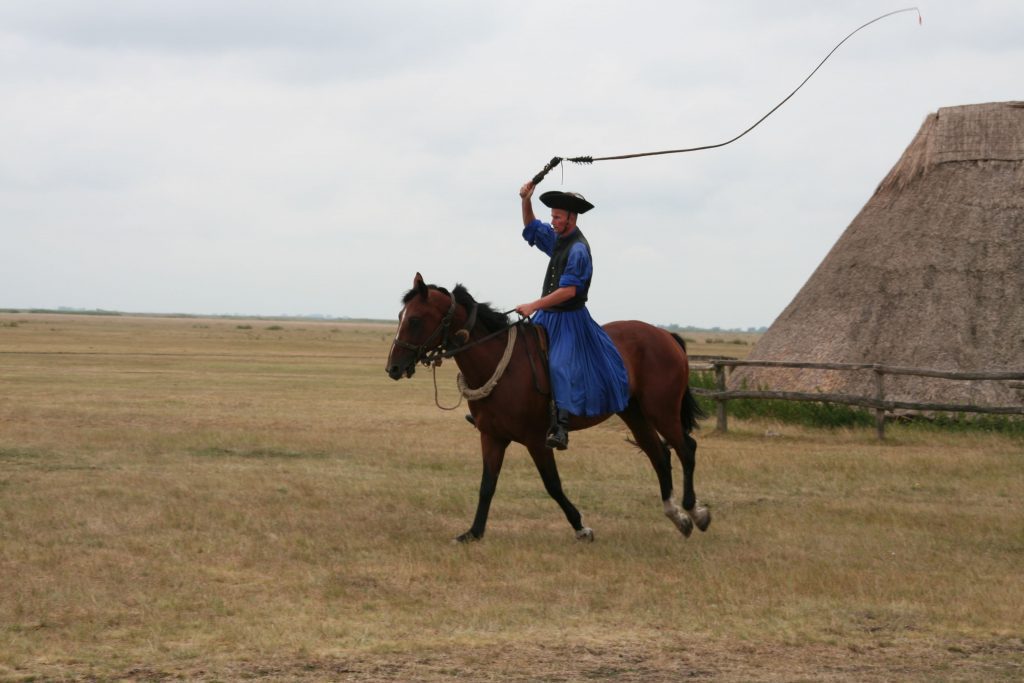
TRANSFARM Objectives
To inform
about the current situation of transhumance in the partners’ countries including information about types and degree of practices and resulting landscapes, support schemes for transhumance and specific knowledge needed by transhumance practitioners.
To share
best practices that convey the experiences of successful transhumance practitioners in order to encourage the implementation of similar initiatives in other contexts.
To train
transhumance practitioners through online accessible and self-usable resources.
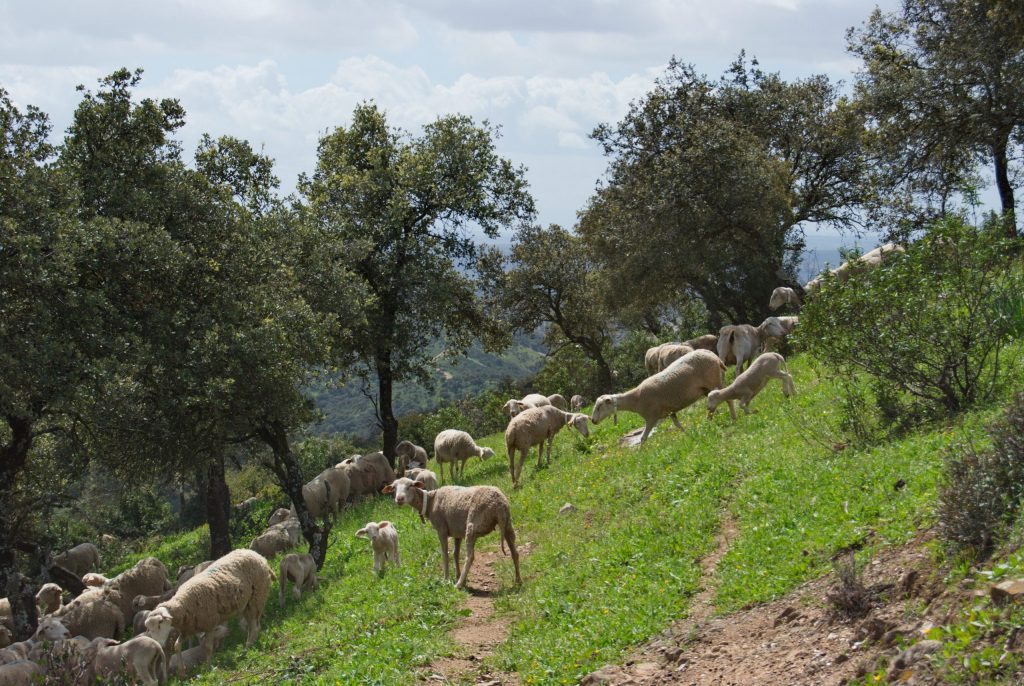
Who is behind the project?
All TRANSFARM partners are very active in the field of sustainable development in rural areas and landscapes. The consortium involves 7 different organisations. You can see detailed information below.
The project is supported by three associated partners (The Polish Farm Advisory and Training Centre not-for-profit Sp. z o. o.; the Norwegian Institute of Bioeconomy; and VetAgroSup, from France) that add new geographical regions in which transhumance is practiced and support the partners by providing additional data about transhumance.
Get to know TRANSFARM
project partners
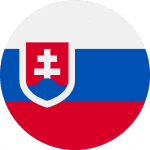
Slovakia
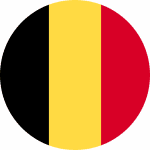
Belgium
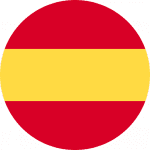
Spain
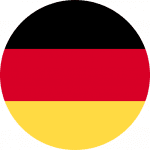
Germany

Germany
